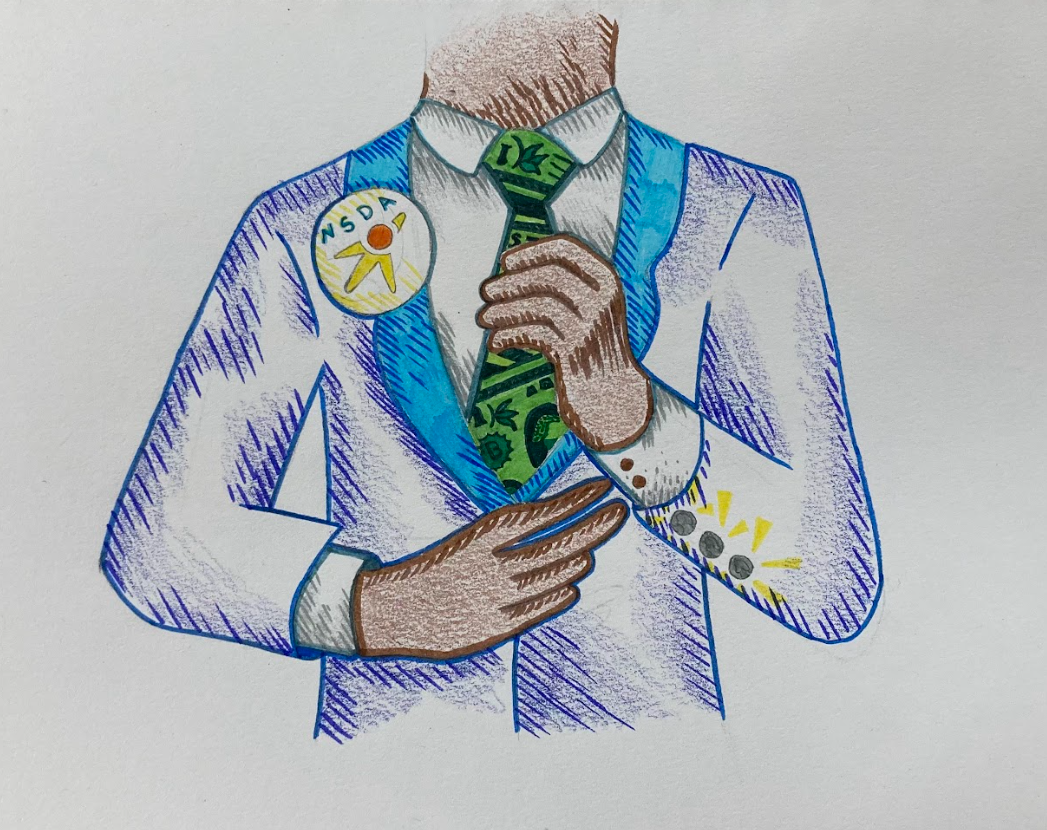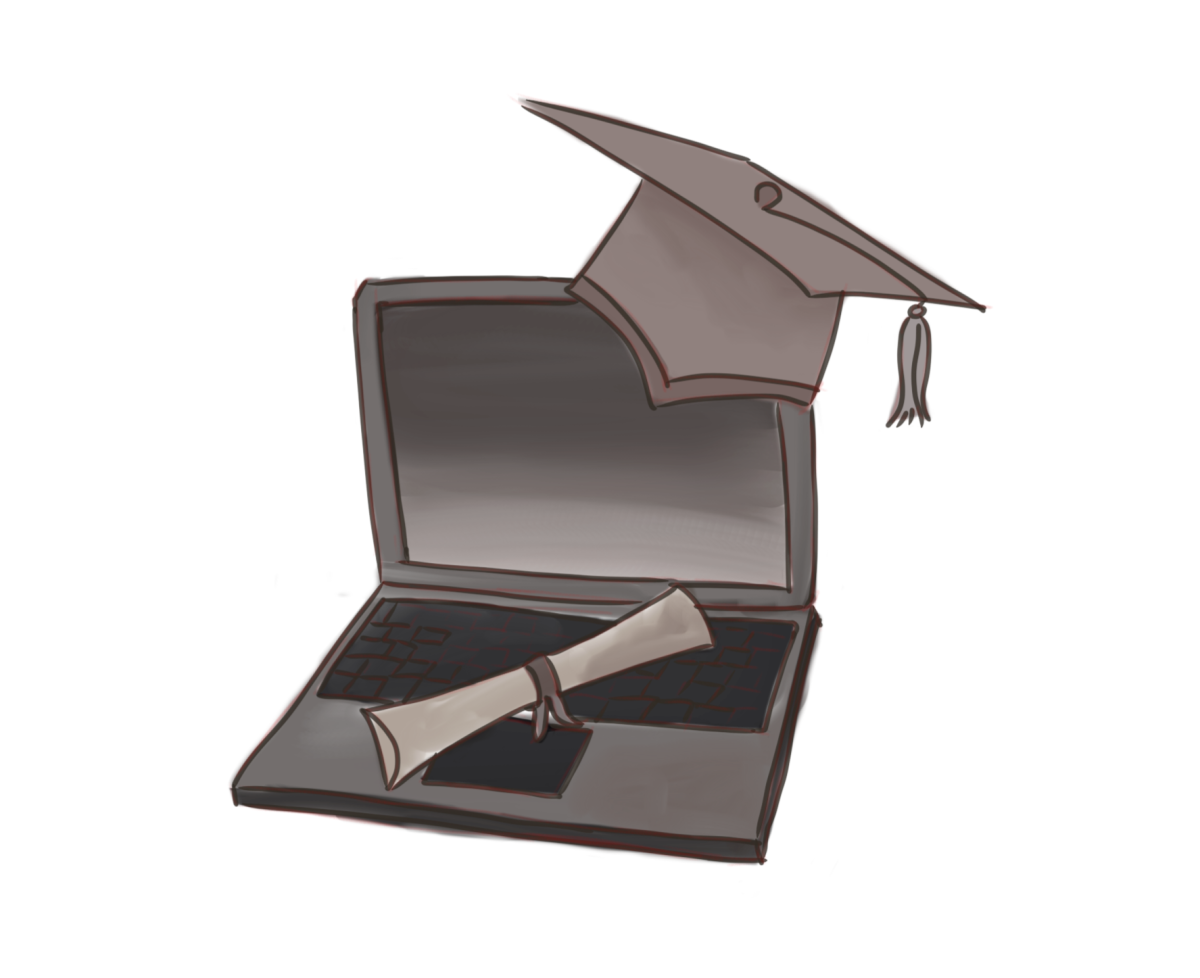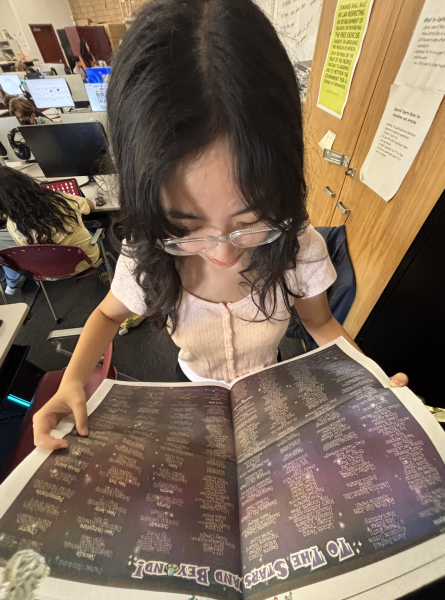In 1925, the NSDA (National Speech and Debate Association) was established to motivate high school students to improve public speaking abilities. Today, the NSDA hosts seventeen different events that range from performing a one-person dramatic play to simulating a real life congressional debate. Worldwide entertainment stars such as Oprah Winfrey, Stephen Colbert, and Brad Pitt are only a few of the countless alumni of the NSDA.
From dressing up in suits, to writing speeches at 2:30 in the morning – I love Speech and Debate. Since I joined the program in the eighth grade, Speech and Debate has taught me to challenge ideas, question assumptions, and think outside of the box.
But in the midst of this event lies a problem that is purposefully ignored by many: speech and debate is pay-to-win.
In a program that teaches us to challenge ideas and point out the inequalities of the world, it is time that we talk about an issue in our own community. This is best spoken by Myles Bell, the runner-up champion for Original Oratory (a speech written by the student with the intent to inform or persuade the audience on a topic of significance), “Speech and debate…is…enforcing arbitrary rules that works to exclude the students that exist outside of civility.” Supposedly, debate is an oasis of freedom and self-expression through argumentation and eloquent speaking. Just like the American Dream, the “Debate Dream” compels students to dream of bringing home the trophy, through hard work and pure determination.
Then, we take a look at the reality. Hours upon hours are spent writing speeches, running through refutations, and preparing for the “what-ifs?” posed by opponents.All of that preparation just to come second to the privileged. Debate is not just flawed; it is discriminatory against the poor.
Private coaching is common in speech and debate, but with prices of up to $150+ per hour, tutoring becomes an advantage only the privileged can afford. Victory Briefs Institute, a private debate coaching foundation, has produced more than 50 national champions since its founding. The cost? $3,295 for three weeks of debate summer camp. And it’s just private coaching that gives students the edge. Out of the five best schools for speech and debate in the nation, four-out-of-five of those schools are private. Boston University Academy is one of these top five schools. The tuition? $55,234 per year. In schools like Boston University Academy, debaters are nurtured like delicate flowers in a greenhouse, and the difference is night and day. Here, state-of-the-art coaching from a large staff, as well as unlimited access to evidence sheets that can only be acquired through a paywall, contributes to the disparity between the “average” and the “privileged”. For those who can not afford these overpriced services, hard work is only rewarded with disappointment. In the world of speech and debate, we are supposed to point out the wrongs, call out the injustices. Why can we not do anything about those in our own community?
Other structural barriers also exist in the debate community. Many high school students simply join debate because it seems fun. Then a tidal wave of costs hit. Membership fee? $450. Suit? $200. Overnight tournaments? $300. Those who can’t afford these prices are left out; even without the evidence sheets and private coaches, barriers exist that limit what the “normal” student can do within speech and debate.
It is easy to pin the blame on the privileged, but it is not their fault. The ones who get the tutoring still work hard in order to succeed, just like everyone else. We cannot paint them as “evil” culprits for simply playing the game. In a system where the path to the trophy is paved with money, there really is no other option for those who want to be winners . It does not have to be this way, though. By creating free online courses for students, hosting monthly workshops with alumni, and making scholarship opportunities more well-known, the NSDA can begin to address this disparity.
It is time to shift the focus from the players to the system itself. Speech and debate should be an event where anyone, no matter who they are, can excel through hard work, not money. As Myles Bell says, “We have to… make space for the students that are continuously locked out, out of resources, out of opportunities, out of success. It starts with us.”






